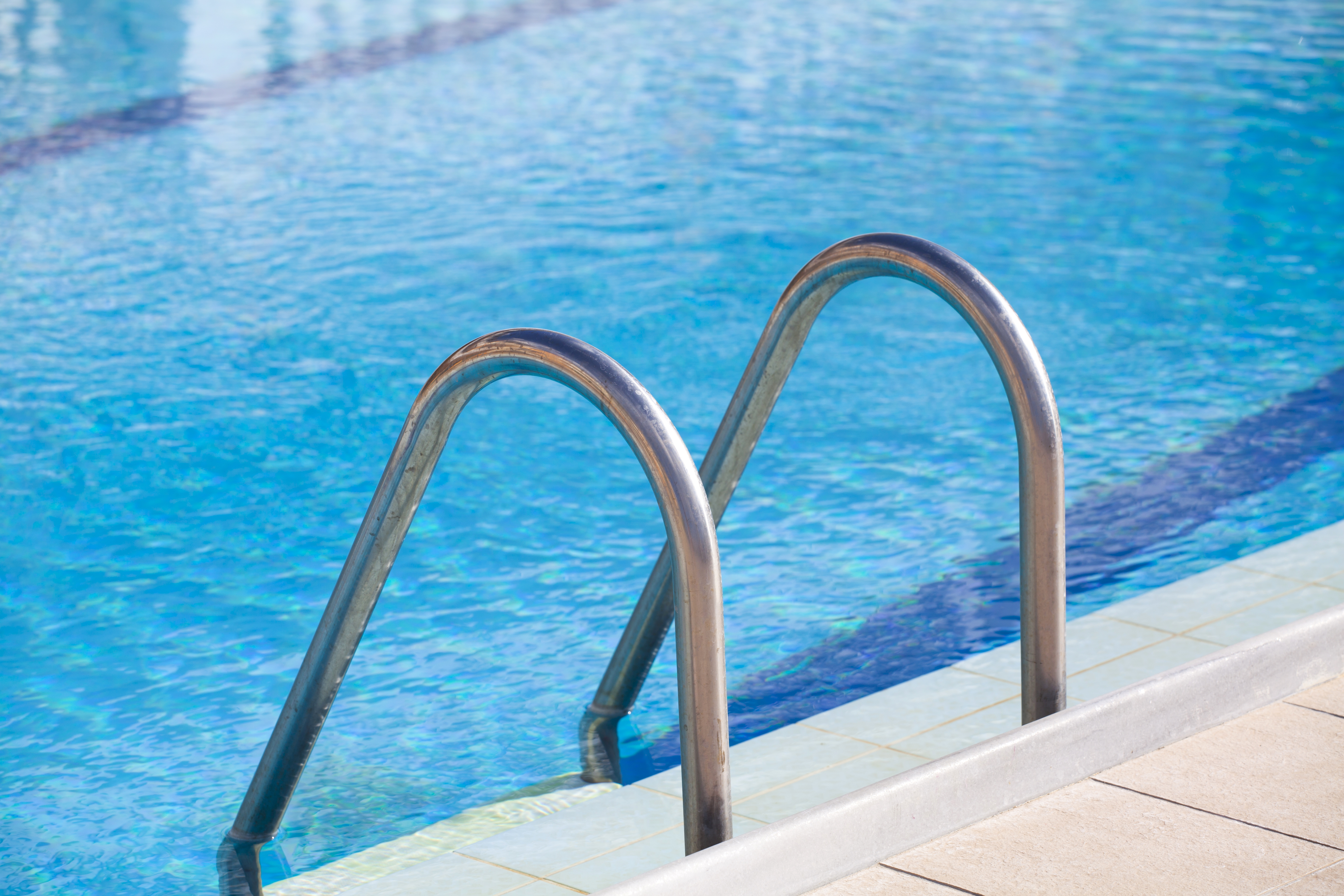
Gardening in Arizona in September involves transitioning from the hot summer to cooler fall weather. Here are some tips to keep your garden thriving:
Planting
- Vegetables:
- Start planting cool-season vegetables like lettuce, spinach, kale, broccoli, cauliflower, and carrots.
- You can also plant root vegetables like radishes, beets, and turnips.
- Flowers:
- Plant fall-blooming annuals such as marigolds, zinnias, and cosmos.
- Perennials like chrysanthemums, asters, and pansies can be planted for fall color.
- Herbs:
- Plant herbs like cilantro, parsley, dill, and mint.
- Trees and Shrubs:
- September is a good time to plant trees and shrubs, giving them time to establish roots before the cooler weather sets in.
Watering
- Adjust Watering Schedules: As temperatures begin to cool, reduce the frequency of watering but ensure deep watering to promote root growth.
- Water Early: Water your plants in the early morning to reduce evaporation and give plants time to absorb moisture before the heat of the day.
Soil and Mulch
- Mulch: Add a layer of mulch around plants to retain moisture, regulate soil temperature, and suppress weeds.
- Soil Preparation: Enrich your soil with compost or organic matter to improve soil structure and fertility.
Pruning and Maintenance
- Deadheading: Remove spent flowers to encourage new blooms and prevent plants from setting seed.
- Pruning: Lightly prune shrubs and perennials to shape them and remove any dead or diseased growth.
- Weed Control: Keep on top of weeds to prevent them from competing with your plants for nutrients and water.
Pest Control
- Monitor for Pests: Keep an eye out for pests like aphids, caterpillars, and spider mites. Use organic pest control methods if needed.
- Beneficial Insects: Encourage beneficial insects like ladybugs and lacewings, which help control pest populations.
Lawn Care
- Seeding: If you plan to overseed your lawn with winter ryegrass, prepare the lawn by dethatching and aerating in late September.
- Mowing: Adjust your mower height to keep the grass slightly longer, which helps shade the soil and retain moisture.
General Tips
- Plan for Frost: In higher elevations, be prepared for the first frost. Have frost cloths or other protective measures ready for sensitive plants.
- Garden Cleanup: Clean up any garden debris to prevent pests and diseases from overwintering in your garden.
- Container Plants: Check and refresh the soil in container plants, and move them to areas with appropriate sunlight and protection from wind.
By following these tips, you can ensure a healthy and productive garden in Arizona throughout September.
Understanding the various swimming pool chemicals and their purposes is crucial for maintaining a clean, safe, and healthy pool environment. Here’s a breakdown of the most common swimming pool chemicals and their uses:
1. Chlorine
- Purpose: Primary disinfectant used to kill bacteria, viruses, and algae.
- Forms: Available as tablets, granules, or liquid.
- Common Types:
- Calcium Hypochlorite: Granular form, used for regular chlorination and shock treatments.
- Sodium Hypochlorite: Liquid form, often used in commercial pools.
- Trichlor and Dichlor: Stabilized chlorine compounds, usually in tablet form, slow-dissolving.
2. Bromine
- Purpose: Alternative to chlorine, effective in killing bacteria and viruses.
- Advantages: Less irritating to the skin and eyes, works better in warmer water and over a broader pH range.
- Forms: Tablets or granules.
3. pH Adjusters
- Purpose: Maintain the correct pH level (7.2-7.6) for optimal chlorine effectiveness and swimmer comfort.
- Common Types:
- Sodium Carbonate (Soda Ash): Raises pH.
- Sodium Bisulfate (Dry Acid) or Muriatic Acid: Lowers pH.
4. Alkalinity Adjusters
- Purpose: Stabilize pH levels and prevent fluctuations.
- Common Types:
- Sodium Bicarbonate (Baking Soda): Raises total alkalinity.
- Muriatic Acid: Lowers total alkalinity.
5. Calcium Hardness Adjusters
- Purpose: Prevent corrosion and scaling by maintaining proper calcium hardness levels (200-400 ppm).
- Common Types:
- Calcium Chloride: Raises calcium hardness.
- Muriatic Acid: Lowers calcium hardness indirectly by reducing the pH and total alkalinity.
6. Cyanuric Acid (Stabilizer or Conditioner)
- Purpose: Protects chlorine from being broken down by UV rays from the sun.
- Ideal Range: 30-50 ppm.
7. Algaecides
- Purpose: Prevent and control algae growth.
- Types: Copper-based and quaternary ammonia-based algaecides.
8. Shock Treatments (Oxidizers)
- Purpose: Remove contaminants, organic matter, and chloramines that cause cloudy water and unpleasant odors.
- Common Types:
- Calcium Hypochlorite: High chlorine content, used for weekly or bi-weekly shocking.
- Sodium Dichlor: Stabilized form, less likely to raise pH.
- Non-Chlorine Shock (Potassium Monopersulfate): Oxidizes contaminants without adding chlorine.
9. Clarifiers and Flocculants
- Purpose: Clear cloudy water by coagulating tiny particles into larger particles that can be filtered out.
- Clarifiers: Work gradually to improve water clarity.
- Flocculants: Quickly gather particles, causing them to sink to the bottom for vacuuming.
10. Metal Sequestering Agents
- Purpose: Prevent staining and discoloration caused by metals (iron, copper, manganese) in the water.
- Use: Especially important in areas with high metal content in the water supply.
Key Considerations
- Regular Testing: Test your pool water regularly to maintain proper chemical balance.
- Safety: Always follow manufacturer’s instructions for handling and adding chemicals.
- Storage: Store chemicals in a cool, dry place, away from direct sunlight and out of reach of children and pets.
Understanding these chemicals and their functions can help you maintain a sparkling, healthy pool that is safe and enjoyable for swimmers.
Pool Service in Ahwatukee, Arizona
[/vc_column_text][/vc_column][/vc_row]
BPC offers pool service in Ahwatukee, Arizona. We also offer pool maintenance and service, pool leak repair, weekly pool cleaning services, and green pool cleaning services. Give BPC a call at 480-907-7959 or text us at 602-570-8124. You can also get a free quote by filling out our contact form.
